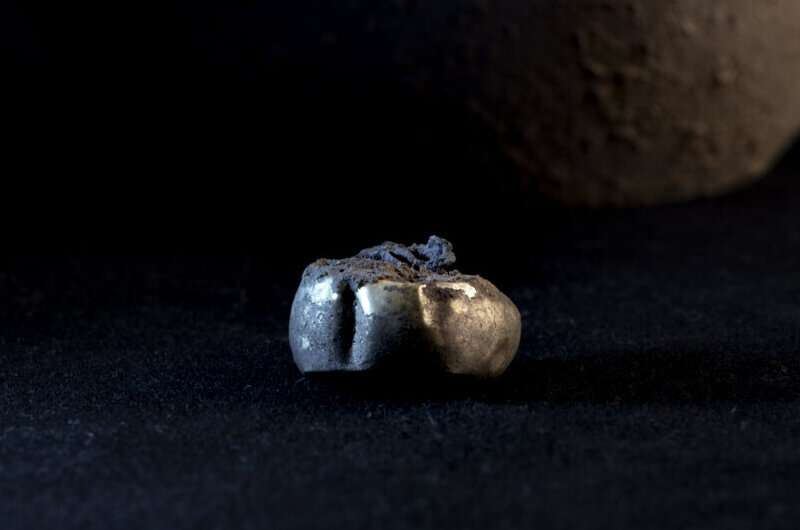Good morning.
After a government meeting in the small town of Handlová on Wednesday, the Slovakian prime minister, Robert Fico, went to meet local supporters who had gathered in the town centre. There was little separating him and the crowd – just a waist-high metal fence – as people reached out to shake his hand. During this meet-and-greet, a man fired five shots at the prime minister. Fico fell and was quickly bundled away in a black car and taken to hospital, where he spent five hours in surgery. Two days after the attack he remained in stable condition but officials have said that he is “not out of the woods yet”.
The suspect – identified as Juraj Cintula, a 71-year-old poet and former security guard – was tackled to the ground and later arrested on charges of attempted murder, according to local news sources. Though there were indications that the alleged suspect did not agree with the government’s political stance, he appeared to have acted alone.
This attack, the first serious attempt on the life of a European head of state since 2003 when Serbian prime minister Zoran Djindjic was assassinated, has horrified leaders across Europe who have voiced condemnation and called for calm in an increasingly febrile political landscape.
In the build-up to the European elections in three weeks’ time, there is an unstable atmosphere in many countries across the continent – with political violence and unrest becoming more common. For today’s newsletter, I spoke with Armida van Rij, who leads the Europe programme at Chatham House, about what’s behind the growing tension. That’s right after the headlines.
Five big stories
Labour | The UK’s oil and gas workers risk becoming “the coal miners of our generation”, Unite’s general secretary, Sharon Graham, has warned, urging Labour not to ban new North Sea licences without a clear plan to safeguard jobs.
Banking | The number of UK bank branches that have shut their doors for good over the last nine years will pass 6,000 on Friday, and by the end of the year the pace of closures may leave 33 parliamentary constituencies – including two in London – without a single branch.
Protest | Activists have accused John Woodcock, the government’s independent adviser on political violence, of a conflict of interest, after it emerged that he had lobbying links to arms manufacturers and fossil fuel firm that would benefit from curbs to protesting.
UK news | The Lucy Letby inquiry should be broadcast to the public to prevent the spread of “grossly offensive” conspiracy theories, lawyers for the families of her victims said. The inquiry, which will begin on 10 September at Liverpool town hall, will examine how the nurse was able to murder babies at the Countess of Chester hospital’s neonatal unit in 2015 and 2016.
Israel-Gaza war | South Africa has asked the international court of justice (ICJ) to urgently order Israel to end its assault on Rafah, halt its military campaign across…
2024-05-17 00:35:40
Article from www.theguardian.com


















